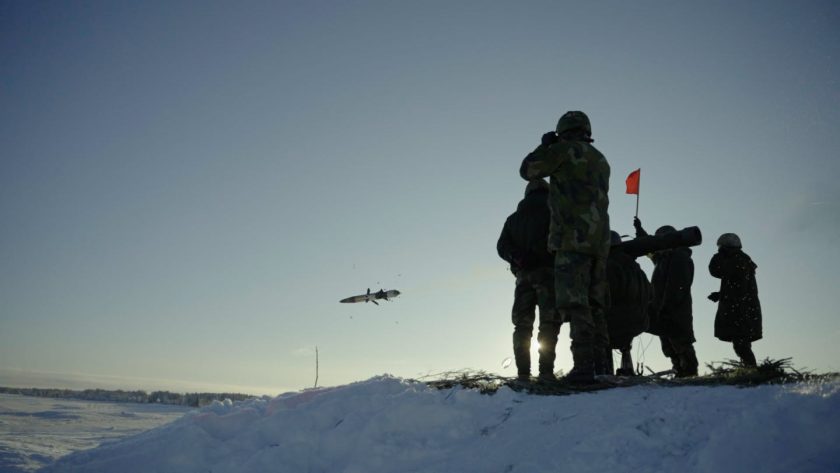Developing more widespread and potent counter-UAS capabilities is one of the key policy recommendations of a report Strengthened defence capability, Sweden as an Ally delivered by the Swedish Defence Commission on Friday, 26 April 2024 to Minister for Defence Pål Jonson and Minister for Civil Defence Carl-Oskar Bohlin.
The deteriorating security situation, combined with Sweden’s obligations as an ally, requires an increased ambition for the military defence, according to the country’s defence ministry. “The development of military capability must be accelerated and adapted to the requirements that follow as a NATO Ally. Time must be a decisive factor in the political and military decision-making regarding issues such as personnel structure, acquisition of materiel and infrastructure development in the coming years.
The recommendations include an increased focus on air defence and cooperation within NATO’s Integrated Air and Missile Defence (IAMD), an increased ability to operate and defend against unmanned vehicles, increased interoperability and full integration with NATO’s command system, an increased focus on logistics, including the ability to provide Host Nation Support and serve as a base and advanced staging area for Allied units, increased capacity to operate with military units outside Sweden’s borders and sequential growth of several types of military units.
“Adding to the recommendations of the Supreme Commander of the Armed Forces, the Defence Commission proposes:
- prioritisation of two brigades, aiming to have three mechanised brigades and one infantry brigade by 2030;
- formation of a Norrland Infantry Regiment in the war-time organisation
- an increased conscription level, from the current level of 8 000 to 10 000 in 2030 and 12 000 in 2032, with consideration of a further increased conscription level to 14 000 in 2035;
- increased availability of personnel in the Swedish Royal Navy to increase operational capability;
- increased air defence capability, in order to counter unmanned aerial vehicles;
- additional procurement of essential supplies, such as ammunition including air-to-air and cruise missiles, and spare parts;
- new military units for territorial defence, organised as 20 companies and platoons;
- more refresher trainings for conscripts to meet the war-time organisation’s requirements;
- increased funding of voluntary defence organisations; and
- expansion of the officer education programme.”
“The Defence Commissions proposal means that the added funding for the military defence will gradually increase from the year 2025, so that in 2030 it will amount to a total of SEK 52.8 billion, of which SEK 20 billion is made up by the Defence Commissions proposal. For the civil defence, the addition will be at least SEK 15 billion a year from 2028.
“To this end, the Defence Commission suggests that the Minister for Defence considers giving the Defence Commission instructions to continue to monitor the development of Sweden’s defence and security situation.”
For more information
(Image: Swedish armed forces)




